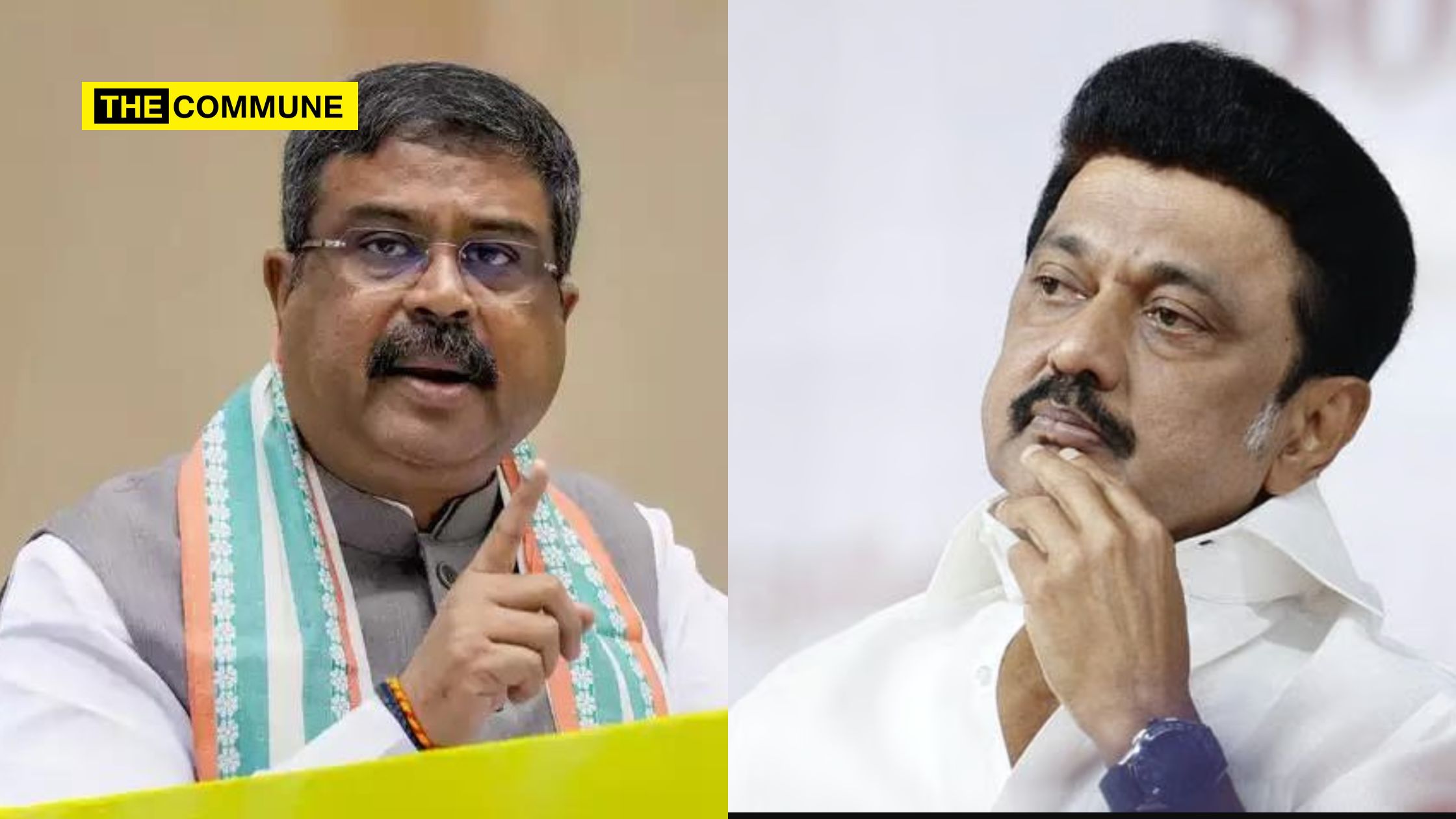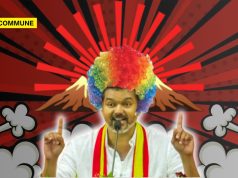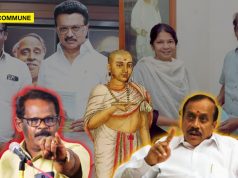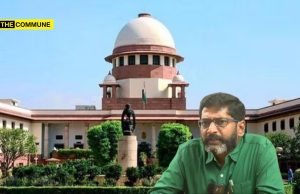
Union Education Minister Dharmendra Pradhan has hit back at Tamil Nadu Chief Minister MK Stalin amidst the controversy over the three-language formula in the National Education Policy (NEP), accusing Stalin of creating a “false narrative” of Hindi imposition for political gain. Pradhan argued that Tamil Nadu had initially agreed to implement the NEP but reversed its stance for political reasons.
On 21 February 2025, in an interview with NDTV Pradhan stated that Stalin and the DMK were depriving students of educational progress for their own political agendas.
The three-language policy, a key component of the NEP 2020, mandates that students learn at least three languages. The government has argued that previous education policies failed to adequately promote Indian languages, which led to an over-reliance on foreign languages, and that the NEP aims to elevate languages like Tamil to their rightful place in education.
Stalin had previously written to Prime Minister Narendra Modi, claiming that Pradhan had threatened to withhold funds for the Samagra Shiksha Abhiyan, a centrally sponsored initiative, unless Tamil Nadu adopted the NEP.
Pradhan responded, emphasizing that the three-language formula has been part of India’s educational framework since the mid-1960s, with nearly all states following it. While acknowledging Tamil Nadu’s preference for a two-language formula, Pradhan insisted that the NEP, introduced by Prime Minister Narendra Modi’s government, focuses on the importance of the three-language policy. He refuted claims of Hindi imposition, explaining that the NEP does not mandate the imposition of any language in any specific state.
Pradhan further questioned how students in Tamil Nadu’s border regions, who might need to learn languages like Kannada, Telugu, or Marathi for job prospects, would benefit under the current system. He stressed that in today’s globalized world, learning multiple languages is crucial, and pointed out that many Tamil people are moving across India, making a broader linguistic education valuable. He also noted that Prime Minister Modi has consistently recognized Tamil as an ancient and significant language.
Regarding Stalin’s claims that over ₹2,000 crore in funding for the Samagra Shiksha Abhiyan had been withheld due to the NEP, Pradhan called such language “derogatory” and politically motivated. He criticized Stalin and the DMK for stoking fear about Hindi imposition, asserting that such rhetoric is meant to create a political narrative rather than address the true issues at hand.
Pradhan also pointed out that the PM-Poshan (mid-day meal) scheme and other important educational initiatives had not been stopped in Tamil Nadu, accusing the state government of denying students an additional Rs 2,000 crore under the PM SHRI scheme due to their stance on the NEP.
Pradhan explained that the NEP recommends teaching in the mother tongue until the eighth grade, and that Tamil could continue to be the primary medium of instruction, especially under the PM SHRI program, which includes high-tech features like digital blackboards and Atal Tinkering Labs. He questioned why the Tamil Nadu government was opposed to these modern educational initiatives, which could help students succeed in a technology-driven world.
The minister reiterated that Hindi is not being forced in any state and emphasized the flexibility of the three-language formula across India. He cited Odisha as an example, where students in border regions are taught different languages based on local needs, such as Telugu in areas near Andhra Pradesh, Hindi in the north, and Bengali in the east.
Pradhan also criticized the Tamil Nadu government’s opposition to the NEP, claiming that they had initially agreed to implement it but had backed out due to political motivations. He suggested that the reversal was an attempt to create an anti-Delhi sentiment, which ultimately harms the students and society of Tamil Nadu.
Accusing the DMK of playing a double game, Pradhan stated, “I don’t want to disclose certain classified information, but at one point, they (Tamil Nadu government) were ready to implement NEP. They had agreed. An MoU (Memorandum of Understanding) had been drafted. But they backed out, why? Because they see politics in that, they think they can create an anti-Delhi narrative. It may suit them, but it is hampering the students and society of Tamil Nadu. This fear psychosis of Hindi imposition is uncalled for, unfortunate and politically motivated.”
Pradhan also highlighted that several non-BJP-led states have implemented the policy under similar conditions. He remarked, “Why is a particular government taking such a stand? Because they want to live in a primitive time.”
Huge revelation by Minister of Education Shri @dpradhanbjp avl – @mkstalin govt agreed to implement #NEP and MOU were exchanged between central govt and TN govt.
But later Stalin backed out as they feel anti-Delhi politics will help DMK to win elections.
Tamilnadu people must… pic.twitter.com/0jq0uelgCb— Arvinth Easwaran (@arvinth_e) February 22, 2025
Concluding, Pradhan emphasized that the Modi government views these issues from a national perspective, not a political one, and remains committed to promoting the Tamil language and culture beyond party interests.
(With Inputs From NDTV)




